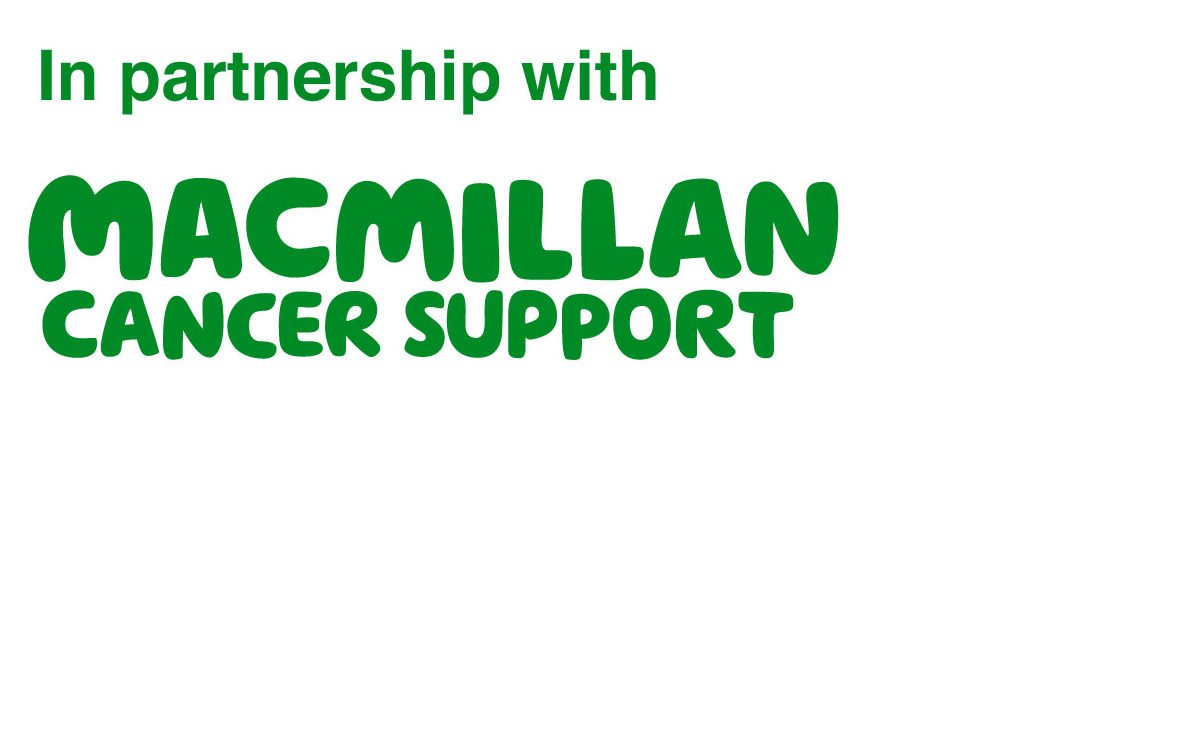Fatigue self-care advice
Aerobic or relaxation exercise may be the last thing you feel like doing. You may feel so tired that doing any exercise seems ridiculous. But sometimes, the less you do, the less you feel like doing. We know that light to moderate exercise every day helps people with cancer to feel better and can give them more energy. Avoid exercise in crowded closed spaces (gyms) between the 7th -15th day after your chemotherapy, to avoid infections. Instead, walk around the house or the garden or use indoor exercise equipment. Ask your doctor or nurse about other exercises that can help, like stretching or yoga.
Keeping a fatigue diary can help you see how treatment affects your energy levels and allow you to plan activities for times when you have more energy. While some people feel less tired in the mornings, others cope better in the afternoon. Try to plan bigger tasks to fit in with the time of day when you feel least tired. This diary can help you to keep a record of your energy levels during cancer treatment.
Eat and drink well. Make healthy foods when you feel well. Freeze them to eat later. Eating helps you keep up your strength. Some people find it easier to eat 5 or 6 small meals or healthy snacks instead of 3 big meals.
Doing things for yourself is very important, but try not to feel guilty if you have to ask other people to help. Often friends and relatives want to help and are pleased to be asked.
Schedule resting periods during the day.
Sit down to do chores whenever you can.
Make a bedtime routine. Spend time relaxing before you go to bed; turn off the TV one hour before, have a bath, read or listen to music.
If your symptoms persist please contact your chemotherapy care team.
Complementary and alternative therapies may help, but always consult with your chemotherapy care team about it.
